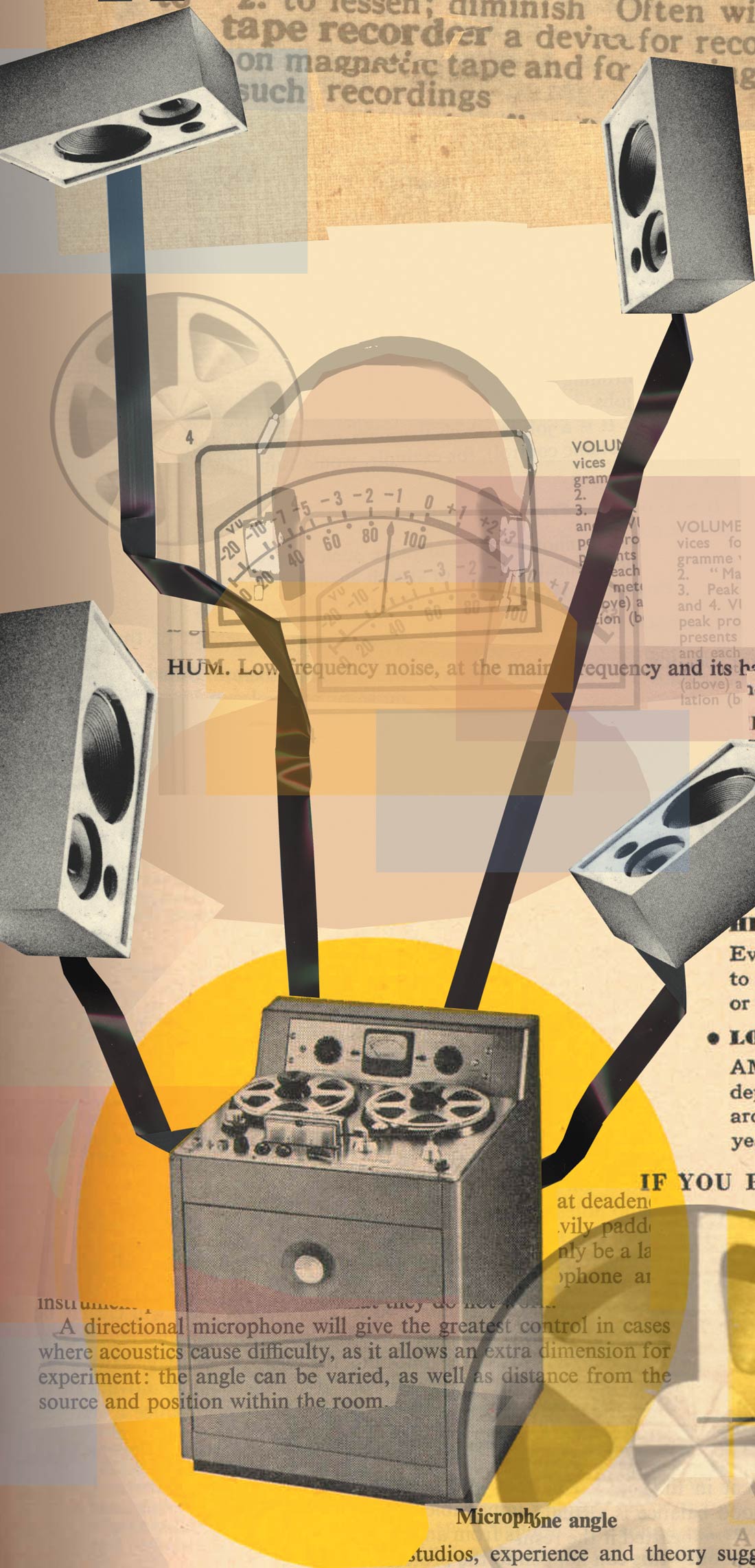The 220 is my first choice for anything I want or need to sound transparent. It has that ultra clean character that sounds great on acoustic guitars, shakers, hi-fi vocals etc. Functionally, this unit is really well designed and laid out and has tons of cool little features. Like its big brother, the ISA 430, this "blue" range unit repackages circuits from the original Focusrite "red" range, which are themselves descended from the Focusrite Forte console that Rupert Neve designed, into one box. The mic pre comes from a transformer-based Neve design and there's also a line input and an instrument input on the front panel. Two gain controls adjust gain in stepped positions and then with a rotary pot. Phase reverse and phantom power finish the input section. The EQ is identical to the original Focusrite Neve- designed EQ, minus two shelving frequencies, and is very smooth, plus you can crank it! There are two fully parametric mid bands (with x3 multipliers) that have plenty of overlap. The low and high EQ is shelving and frequency switched (56, 95, 160, 270 and 4.7, 6.8, 10 and 15 respectively). Finally there's low and high pass filters with a rotary pot for frequency select, and again there's enough overlap to almost completely delete the audio signal, or of course, create that cool telephone/radio effect on vocals which is always lots of fun. Besides a master EQ bypass, each EQ section can also be bypassed. The compression section is pretty deluxe. I've been able to get anything from smooth and steady to that 1176/Distressor suck and pull sound on rooms and vocals. The de-esser is very useful and seems to have a lot of play. The compressor also has pre/post EQ modes and a blend feature that let's you blend the compressed and un-compressed signal and is great for getting more organic sounding vocals that stay up front and focused. Finally there's an output gain knob and a switchable three band, frequency adaptive limiter on the output, designed to prevent digital overloads. The ISA 220 can also be retrofitted with an optional A/D converter with AES/EBU, S/PDIF and TOSlink outputs. The A/D supports 16, 20, and 24 bit wordlengths, and 44.1, 48, 88.2 and 96k sampling rates and can be synced to an ext. clock or Digi Superclock if needed. One or both channels of the A/D can even be used as a stand-alone converter independent of the analog section of the ISA 220. I've used other all-in-one boxes over the last few years but the Focusrite is the only one that made me want one after I used an ISA 430 at Smart Studios. Considering the price point of the ISA 430 ($3100), I opted for the ISA 220 ($1995) which to my ears sounds identical minus a few (ultra high and low) frequencies on the shelving EQ section, and I've had no problem achieving airy high end with the session packs 15k shelf or smooth low end with its 56Hz bottom shelve. In the early '90s I had the pleasure to mix a record using some of the original Focusrite modules and they had that great "sound" and the ISA220 in my mind's eye (or should I say my mind's ear) has that "sound" as well.
500 Series, Mic Preamps | No. 129
500CS Channel Strip
by Scott McDowell
My studio in San Francisco is built around an Avid control surface instead of an analog console. Because of that, I rely exclusively on outboard to get sounds before I leave the "infinite sample rate"...




_disp_horizontal_bw.jpg)